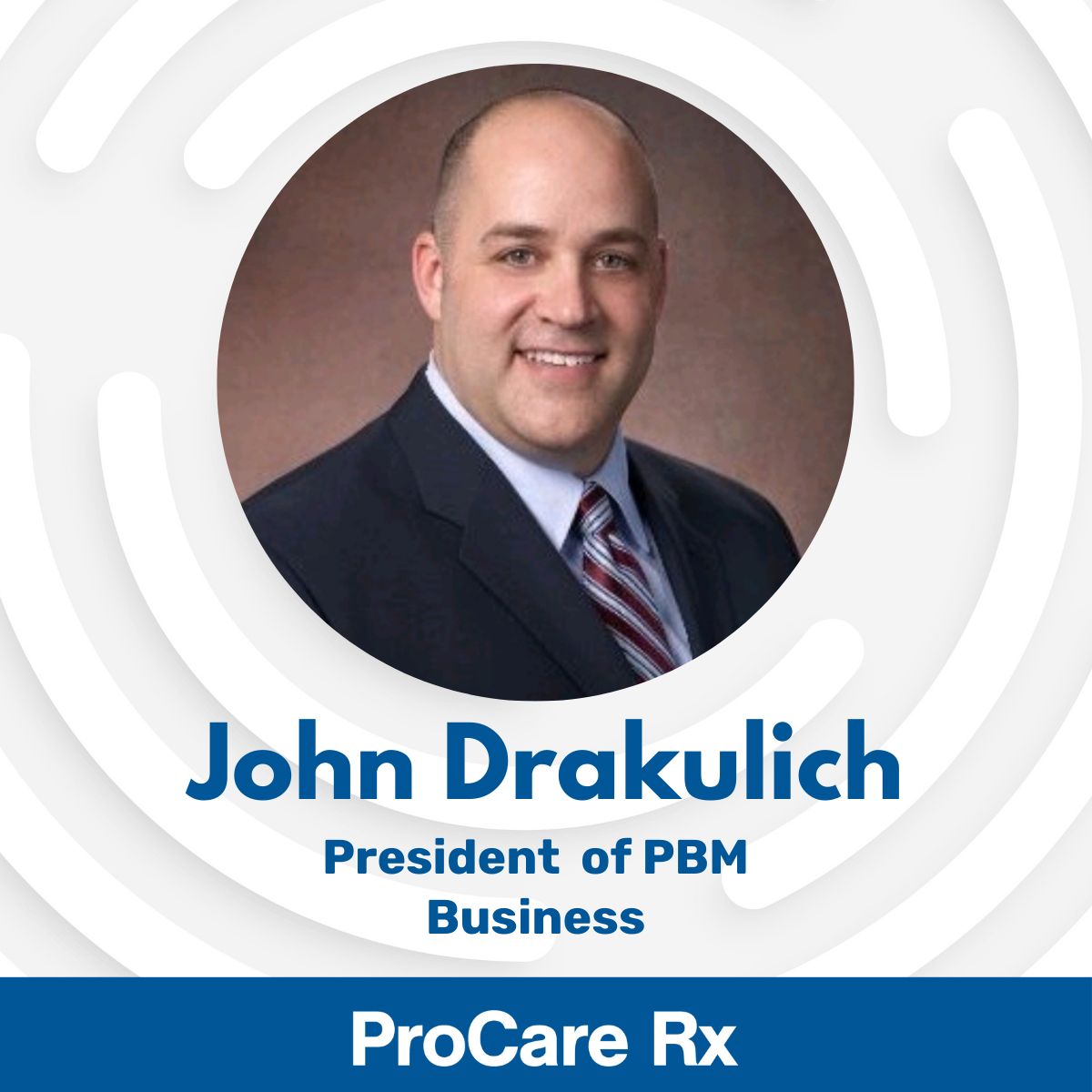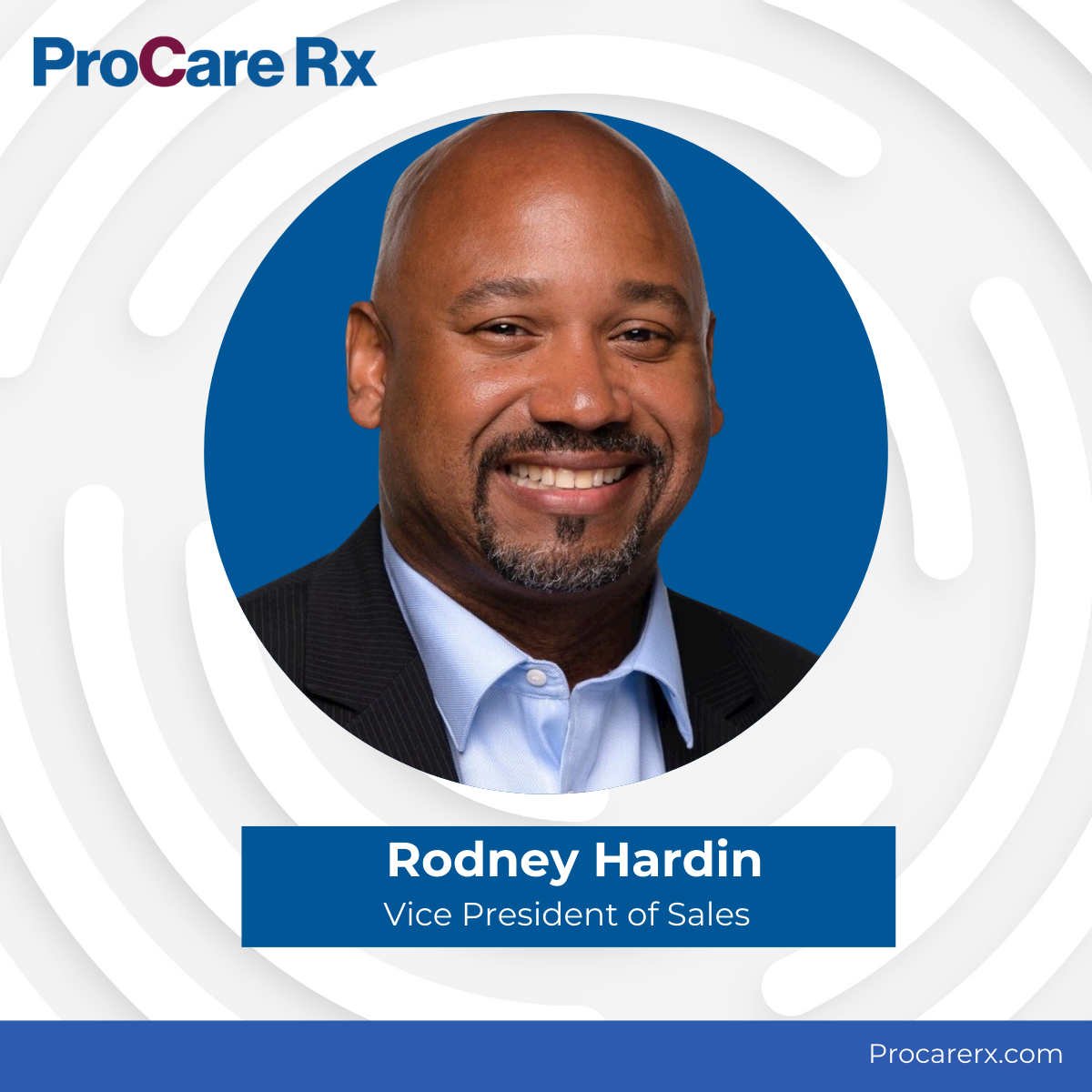Setting Your Rx Coordinates: Navigating the Evolving Rx Landscape in 2024
With the new year comes new Rx updates to plan for and keep an eye on.
At ProCare Rx, we’ve got our eyes constantly on the horizon, watching for any movement in the industry that could affect you. Two specific areas include specialty drugs and biosimilars. Research shows that prescription costs are projected to rise nearly 10% this year alone. Specialty drugs, on the other hand, are predicted to rise by 15%, growing at a faster and more concerning rate. 1 With the similarly growing demand for specialty drugs, it’s a good time for employers to start planning for how they will cover these medications.
Here are a few things to keep in mind about the drug landscape and specialty Rx costs.
GLP-1s and Weight Loss Drugs
While not necessarily considered a traditional specialty drug, weight loss medications like GLP-1s (Glucagon-like Peptide-1) are growing in popularity—and cost—enough that employers will need to take them into account. GLP-1s in particular are necessary for treating diabetes, supporting blood sugar regulation, helping with weight loss, and reducing cardiovascular risk, making it even more important to account for in 2024. 2
Recent surveys show that interest in the drug could cause GLP-1 coverage to nearly double in the upcoming years – with weight-loss drugs possibly adding up to 50% to healthcare spend. 1
Tracking patient use, planning for pharmacy and medical benefits to work together, and determining how a plan will help cover the drugs, are pharmacy benefit strategies that can assist plan sponsors in managing their impact on pharmacy spend.
Biosimilars
In 2023, lower-cost alternatives to biologic drugs, biosimilars, took the stage. Multiple biosimilars were approved, one of which was the alternative to Humira, a costly blockbuster drug. The adoption of biosimilars presents an opportunity for extensive cost savings—but this adoption is proceeding slower than expected, with research showing that only 2.4% of Humira biologic claims were replaced by biosimilars. 2 Keeping on top of the changes in the Rx landscape from biosimilars is vital. Transparency with PBMs is particularly critical in order to develop effective strategies and plan for the future.
New Legislation
The pharmacy landscape underwent legislative shifts in 2023 that look to continue in 2024. With national attention from the White House and continuing legislation around PBM transparency, it’s important to watch for the impact new laws and regulations can have on pharmacy. With the announcement of the first ten products subject to negotiation under the Inflation Reduction Act (IRA), 3 it’s absolutely necessary to stay proactive in managing new drugs like biosimilars and GLP-1s, and to remain aware of these rapidly changing external dynamics.
At ProCare Rx, we’re dedicated to putting you first. With claim-level transparent healthcare solutions and the highest level of customer service—we can deliver the best pharmacy claims platform in the industry. As a direct-source PBM, we will equip you with whatever you need to face new industry updates and regulations with full confidence. We’ve got your back.
Interested in learning how we can help you? Talk to an Expert!
Sources:
- https://www.benefitspro.com/2023/12/26/3-thing-to-know-about-specialty-pharmacy-in-2024/
- https://truveris.com/2024-pharmacy-outlook-top-5-pharmacy-benefits-trends/#:~:text=As%20we%20enter%202024%2C%20several,dynamics%20in%20pharmacy%20is%20critical.
- https://www.zs.com/insights/trends-shaping-pharmaceutical-landscape-2024-and-beyond
About ProCare Rx
ProCare Rx is a privately held, independent pharmacy benefit manager (PBM) that has empowered healthcare and self-insured organizations since 1988. We provide fully integrated, in-house solutions—including claims adjudication, clinical program design, pharmacy network access, cost containment, and data analytics—all supported in the U.S. Our flexible, transparent model serves self-insured employers, third-party administrators (TPA), brokers, health plans, health systems, managed care organizations (MCO), unions, workers’ compensation programs, Medicare, Medicaid, hospices, and other PBMs. With a proprietary technology platform, commitment to ethical operations, and a focus on lowest net cost, ProCare Rx delivers long-term value, clinical performance, and trusted pharmacy benefit partnerships.
Media Contact:
Marc Cohen, VP, Marketing and Sales
marketing@ProCareRx.com










